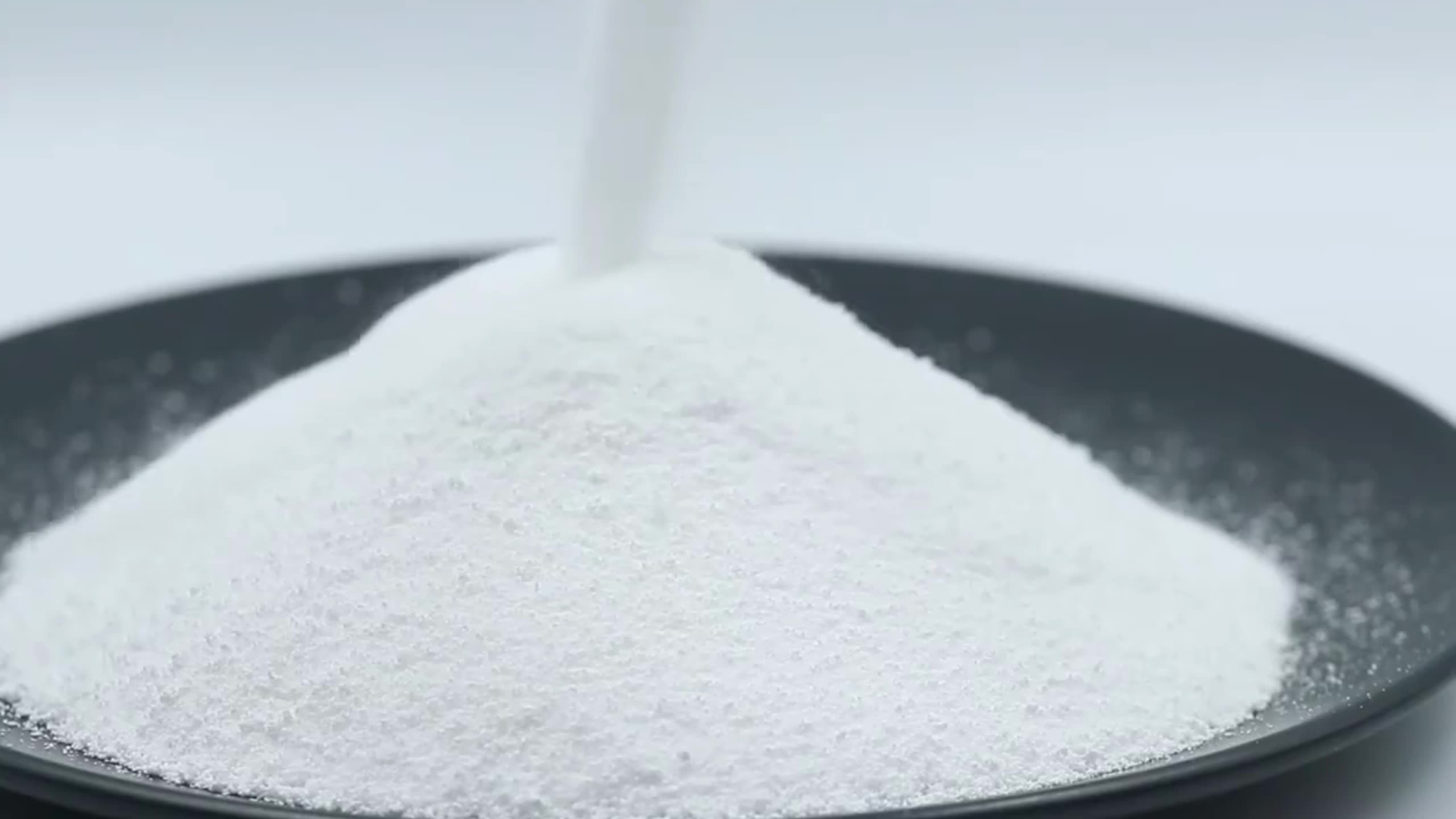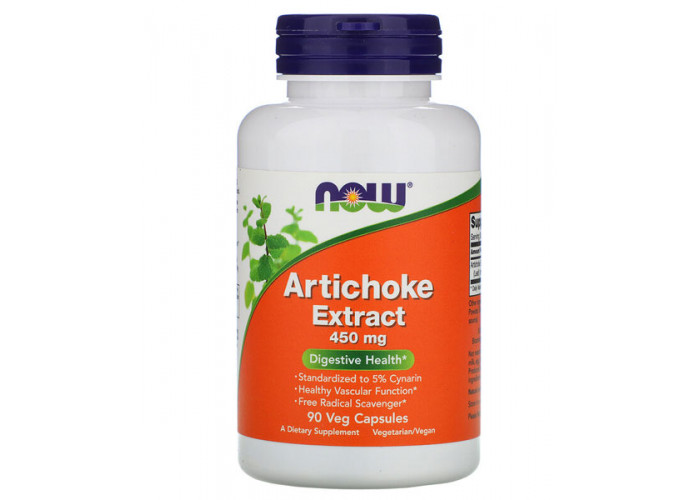Trisodium phosphate (TSP) is a compound that has been used in the food industry for various purposes, including as a food additive, preservative, and pH regulator. However, there have been concerns and controversies surrounding the safety of consuming TSP in food. In this comprehensive guide, we will examine the facts and myths surrounding trisodium phosphate in food to provide a clear understanding of its potential risks and benefits.
What is Trisodium Phosphate?
Trisodium phosphate, chemical formula Na3PO4, is an inorganic compound that appears as a white crystalline powder. It is composed of sodium cations (Na+) and phosphate anions (PO43-). TSP is highly soluble in water and has been used in various industries, including food, cleaning products, and water treatment.
Uses of Trisodium Phosphate in Food
TSP has several applications in the food industry. It is commonly used as a pH regulator to adjust the acidity or alkalinity of food products. It can also act as an emulsifier, improving the texture and stability of certain food items. Additionally, TSP is used as a leavening agent in baked goods, helping them rise during the baking process.
Safety Regulations and Approval
Trisodium phosphate is considered safe for consumption by regulatory authorities such as the U.S. Food and Drug Administration (FDA) and the European Food Safety Authority (EFSA). These agencies have established acceptable daily intake levels for TSP, which are based on extensive research and scientific evidence. The approved levels ensure that TSP consumption remains within safe limits.
Nutritional Content and Potential Benefits
Trisodium phosphate does not provide any significant nutritional value to food products. It is a food additive that primarily functions as a pH regulator and emulsifier. While it does not offer direct health benefits, TSP’s ability to improve the texture and stability of food products can enhance the overall eating experience.
Myths and Misconceptions
There are several misconceptions and myths surrounding the consumption of trisodium phosphate in food. One common myth is that TSP is a toxic chemical used as a cleaning agent and should be avoided in food. However, it is important to note that the compound used in food is specifically formulated for food-grade applications and is not the same as the cleaning product. Another myth is that TSP is linked to various health issues, including cancer. However, there is no scientific evidence to support such claims.
Potential Risks and Allergies
While trisodium phosphate is generally recognized as safe, some individuals may have specific sensitivities or allergies to the compound. It is advisable for individuals with known phosphate allergies or sensitivities to avoid consuming food products that contain TSP. Additionally, individuals with kidney problems or on restricted sodium diets should monitor their TSP intake, as it is a source of sodium.
Other Considerations
It is important to note that trisodium phosphate is just one of many food additives used in the food industry. The safety of food additives, including TSP, is evaluated by regulatory agencies to ensure they are within acceptable limits and do not pose health risks when consumed as part of a balanced diet. As with any food ingredient, moderation is key, and individuals should maintain a diverse and balanced diet to promote overall health and well-being.
Conclusion
In conclusion, trisodium phosphate, when used as a food additive within approved limits, is considered safe for consumption by regulatory authorities. It has several functions in the food industry and does not pose significant health risks when consumed in moderation. The myths surrounding TSP’s toxicity and links to health issues lack scientific evidence. However, individuals with specific allergies or sensitivities should exercise caution. As always, it is important to maintain a balanced and varied diet for optimal health.




